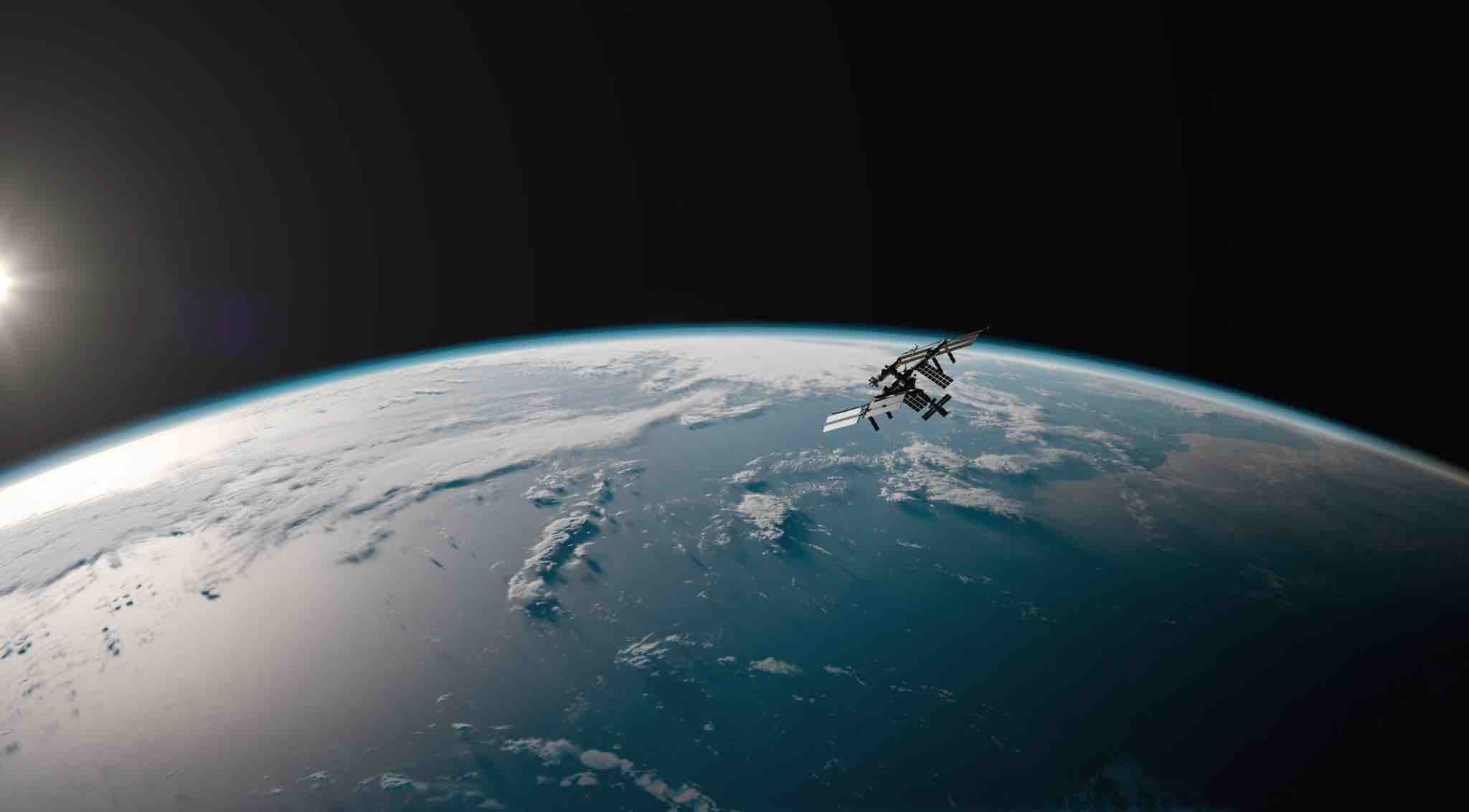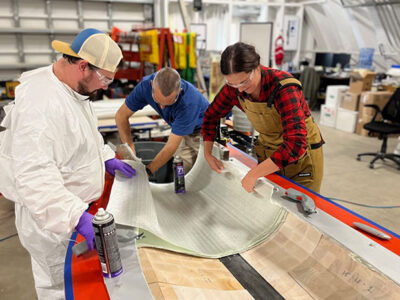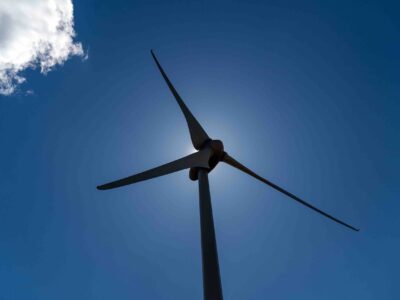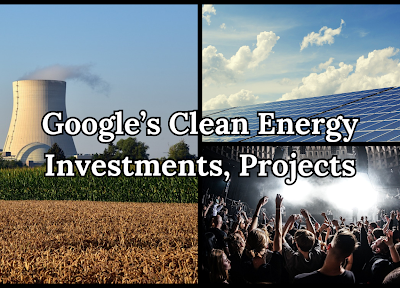When most people think of bacteria, it usually has to do with germs or disease. But they also play a vital role in protecting the world’s ecosystems, whether it involves converting carbon dioxide into organic matter or turning atmospheric nitrogen into plant food.
Among the companies researching the ecological benefits of bacteria is Seed Health — or “Seed” for short — a Los Angeles-based microbial sciences firm pioneering applications of bacteria and other microbes for human and planetary health.
Seed operates in three main focus areas: therapeutics, consumer health, and the environment. According to a press release, its environmental unit includes SeedLabs, established in 2021 to address “pressing ecological and environmental challenges.”
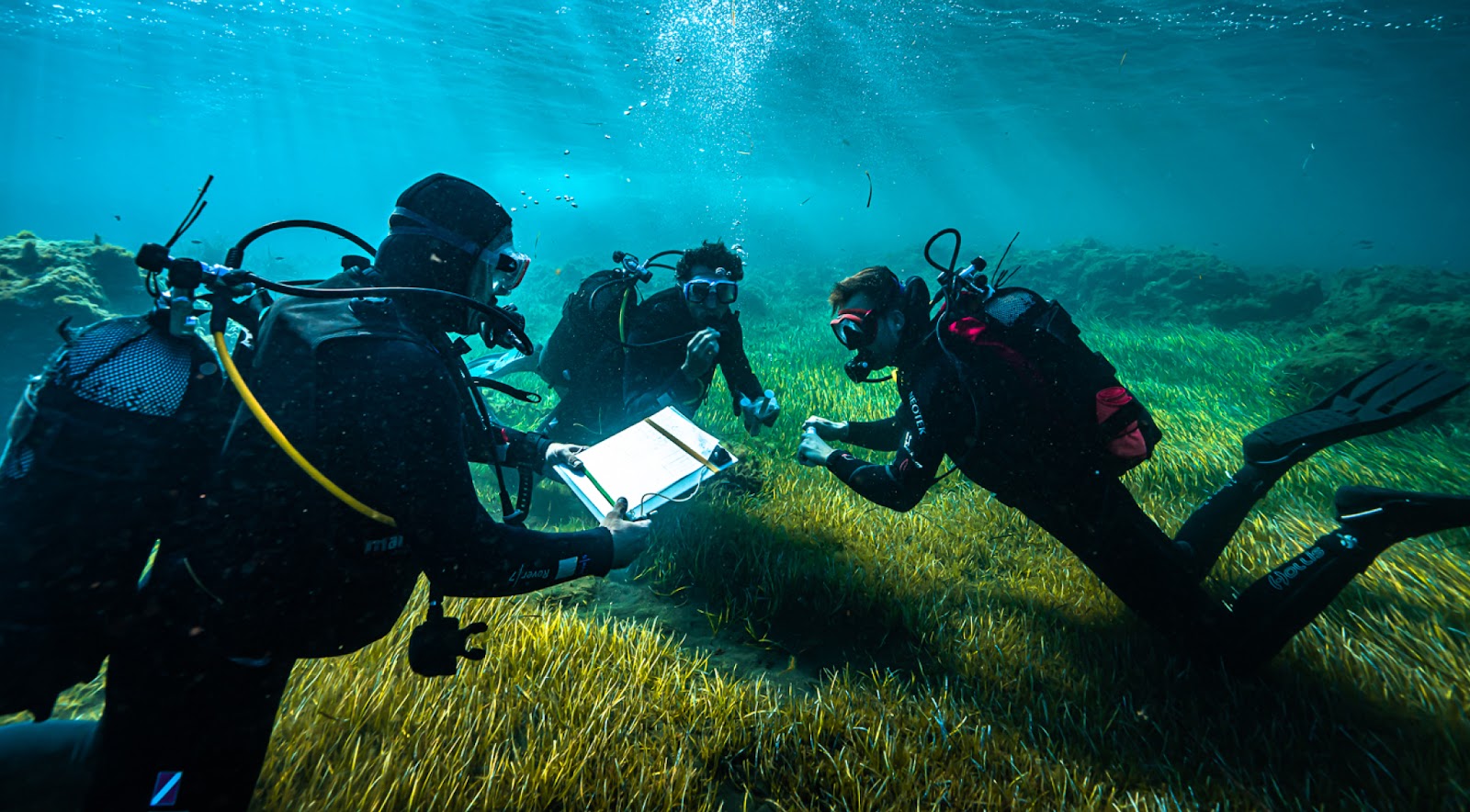
Photo Courtesy SeedLabs
The launch of SeedLabs was made possible by a $40 million Series A financing round led by impact investor The Craftory, TechBio investor ARTIS Ventures, and life sciences investor GISEV, with continued investing participation from 8VC and Founders Fund.
SeedLabs’ first innovation was a probiotic for honey bees designed to bolster their immune systems and protect against the harmful effects of pesticides, climate change, and disease.
According to the Seed Health website, it is important to work, considering that honey bees are among the world’s “most vital pollinators.” Early results revealed a “significantly lower pathogen load in both adult bees and larvae.”

Photo Courtesy The Craftory
SeedLabs has also developed probiotics for coral to prevent bleaching and enhance calcification, growth, and resilience due to changing environmental conditions. Again, the work is essential because of the role coral reefs play in sustaining marine life — a role that is increasingly threatened by the effects of global warming.
More recently, SpeedLabs has been taking part in research examining how microbes can play a part in waste management by degrading plastic.
In late 2022, the company got national media attention when it was included in an experiment with the International Space Station that involved sending plastic-eating bacteria into outer space.
As Fast Company reported, the study aimed to find out how a microbe’s enzymes can degrade plastic in a “harsh environment like outer space, but also how the bacteria can then upcycle that plastic into new material.”
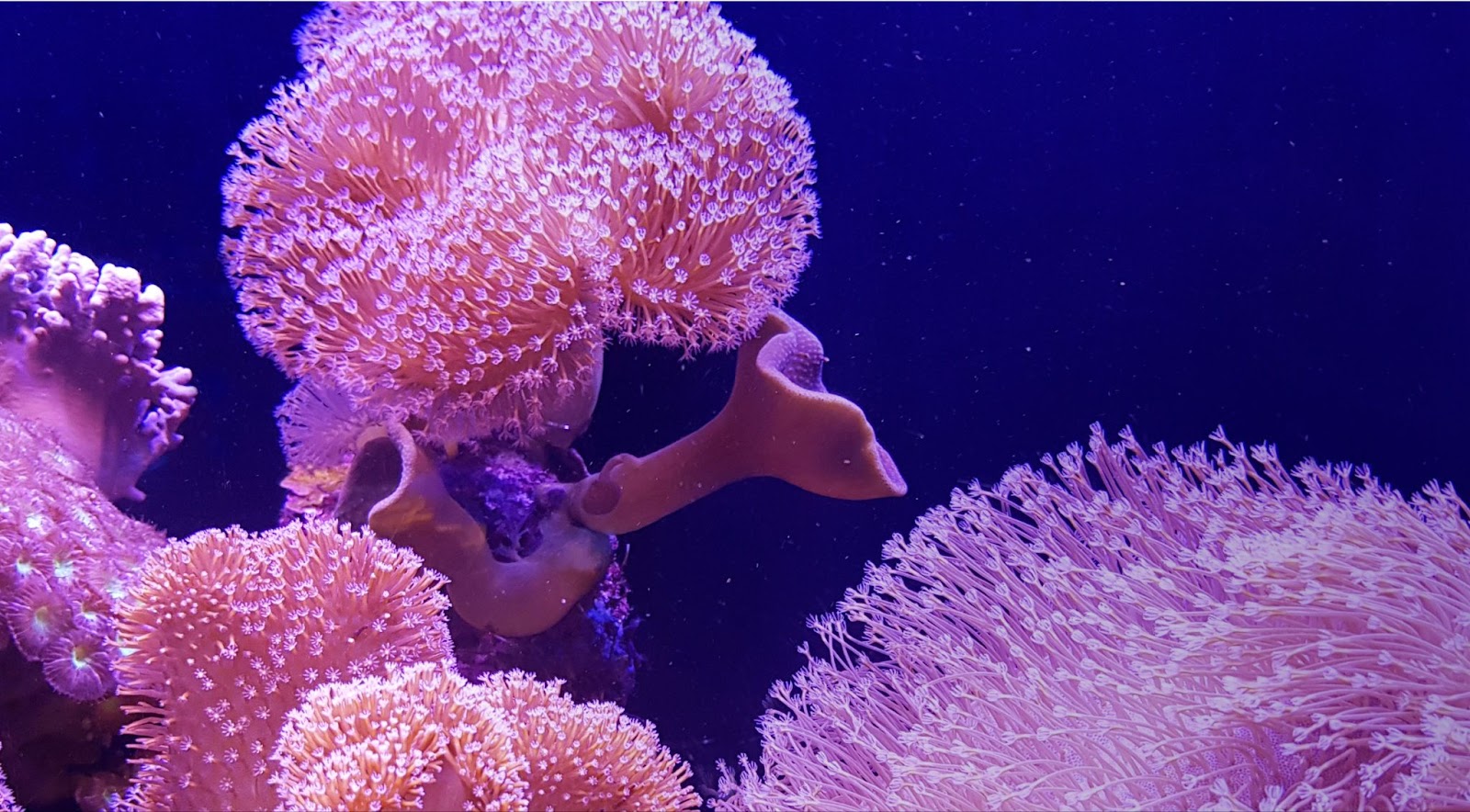
Photo Courtesy SeedLabs
“Pushing the boundaries on what microbial metabolisms and pathways are capable of … is where our interests and our passions lie,” Dr. Raja Dhir, cofounder and co-CEO of Seed Health, told Fast Company. “It’s a dramatic step forward in challenging microbes and microbial metabolisms first by just removing it from an Earth-like environment.”
According to the United Nations, the outer space program is being undertaken during a period of “planetary crisis“ due to the massive amount of plastic waste around the globe. Humans have produced 10 billion tonnes of plastic to date, Fast Company reported, and only a “small fraction” of that has been recycled.
To learn the role microbes can play in reducing plastic waste, SeedLabs has partnered with the MIT Media Lab Space Exploration Initiative, the National Renewable Energy Laboratory, Weill Cornell Medicine, and Harvard Medical School.

Photo Courtesy UNEP
The work represents another step in the evolution of Seed Health since its founding in 2015. Along with Dhir, Seed’s other co-founder is serial entrepreneur and co-CEO Ara Katz, who also co-founded SeedLabs and LUCA Biologics, a therapeutics partner company.
“Advances in research reveal the vast potential of microbes to transform how we live and care for ourselves, our children, and our environment,” Katz said in a statement following the 2021 funding round. “We are inspired to steward this next generation of probiotics and microbiome-based innovations that will disrupt and forever change the global categories of health, hygiene, diet, and self-care.”

